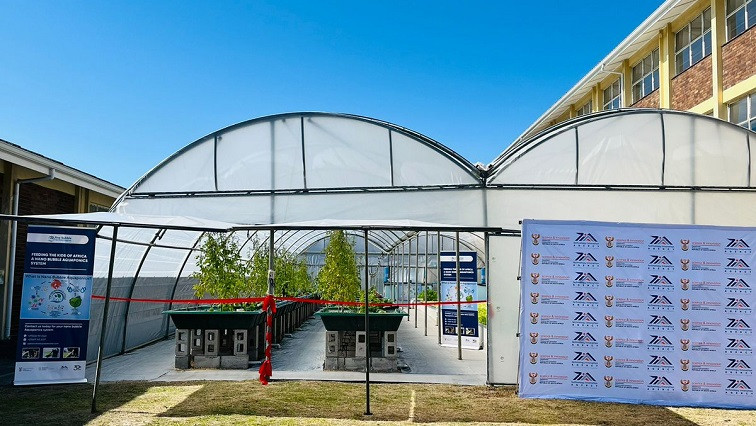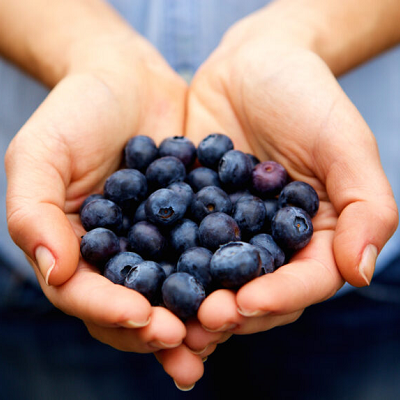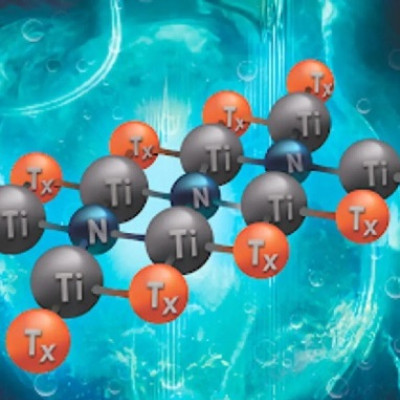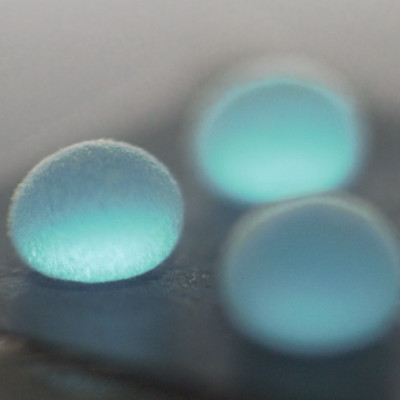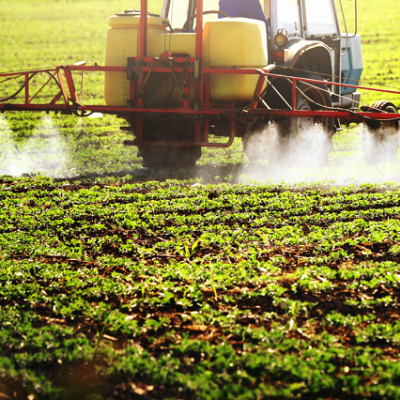Aquaponics is an integration of aquaculture, or fish farming, and hydroponics. The pilot plant will aim to demonstrate the use of nanobubble technology to enhance the efficiency of water, oxygen uptake and nutrient delivery in aquaponics, thus reducing the need for chemical fertilisers.
The Fine Bubble Technologies patented nanotechnology provides a natural cleaning process by aerating water with up to 222-million bubbles per 1 mℓ of water.
The range of applications for the nanobubble technology include agriculture, aquaculture or aquaponics, medical cleaning and water purification, the TIA said in a statement.
The pilot plant is at a larger scale than the Phase I funded by the Department of Science and Innovation (DSI), during which it was demonstrated that the nanobubble technology increased productivity by up to 50% in both the aquaculture and hydroponic operations.
Common challenges faced in hydro- and aquaponic systems are pathogenic presence within the water and insufficient oxygen levels, which hamper productivity. Additionally, systems currently available for introduction of ambient air or oxygen within aquaculture and aquaponics in the market are costly and inefficient.
These high costs presented the challenge of high startup capital, creating a barrier to entry for small-scale, upcoming and subsistence farmers, the TIA said.
The current phase of the project, which is the aquaponics pilot plant, seeks to demonstrate an aquaponics system that leads to a viable and franchise-ready business model for the nanobubble technology.
Additionally, produce from the pilot plant will be used for school meals and the surplus sold to the local community.
TIA supported innovations geared at harnessing the wealth of natural and intellectual resources in alignment with the DSI Bioeconomy Strategy. Fine Bubble Technologies' system was an example of how innovative solutions could address the multifaceted goals of the Bioeconomy Strategy, it said.
“By involving local communities in the development and maintenance of the aquaponics system at De Grendel School of Skills, Fine Bubble Technologies is enabling access to the technology, and fostering a sense of ownership and empowerment,” said TIA agriculture head Sibusiso Manana.
The aquaculture plant at the school has been well received by the principal and staff. De Grendel's principal welcomed the installation, and said it had been enthusiastically received by the learners at the skills school.
Additionally, officials from the district office of the Western Cape Department of Education that attended the launch in August were keen to explore how the technology could be rolled out to other schools and communities.
The agricultural sector was central to sustaining employment opportunities, fostering economic growth, reducing poverty and improving food security in South Africa. Bioinnovation could help to drive economic growth, improve human health and create sustainable, prosperous communities, Manana said.
The development of the technology was also co-funded by DSI through its Agriculture Bioeconomy Innovation Partnership Programme.
Read the original article on Engineering News.

